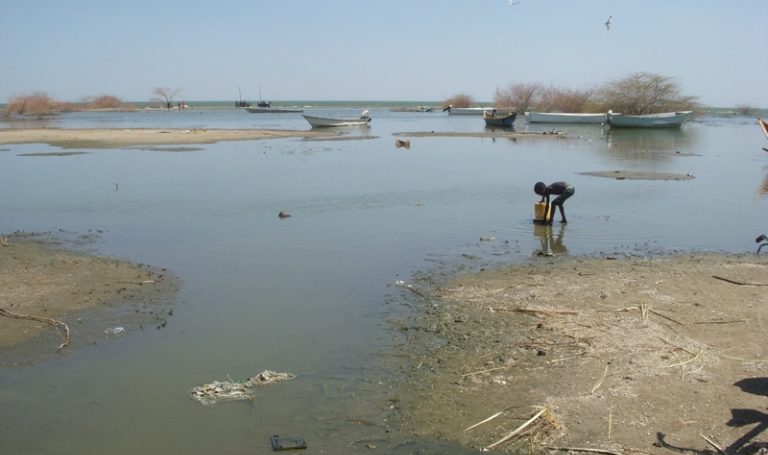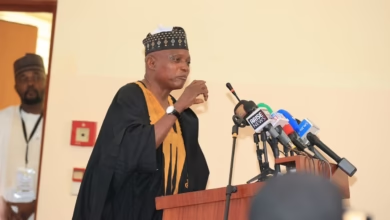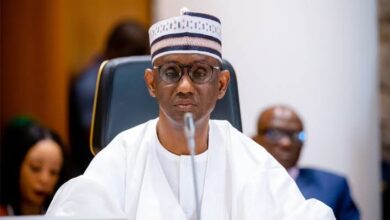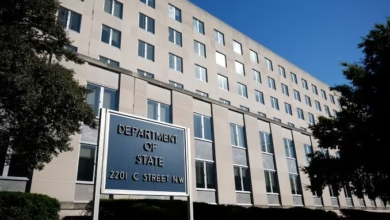
By Salisu Na’inna Dambatta
President Muhammadu Buhari along with 39 of his colleagues drawn from around the world had a virtual summit on the phenomenon of climate change. The Summit was hosted by President Joe Biden of the United States of America on April 22-23, 2021.
In his opening speech, President Biden urged world leaders to evolve workable action plans for tackling and coping with the effect of climate change and green house emissions. He said that such plans should provide economic activities that can create millions of jobs while making the environment safer and better for everyone by using clean energy. New technologies have to be developed to accomplish that by 2030.
In an Executive Order on Climate which he signed ahead of the Summit, President Biden “directs the (US) federal agencies to procure carbon pollution-free electricity and clean zero-emission vehicles to create good-paying, union jobs and stimulate clean energy industries.”
It is symbolically significant that the Summit coincided with the Earth Day for 2021, which is on the 22nd of April every year. The first Earth Day ever was on April 22, 1970. On that day, President Biden recalled, “millions of Americans rallied together to protect the right of all of us to live free from environmental hazard and harm.”
President Muhammadu Buhari said during the Summit that, “as one of the most vulnerable nations, Nigeria is undertaking major environmentally sound and climate-friendly programmes and treading the path of sustainability.”
Indeed the vulnerability of Nigeria to the negative impact of climate change and global warming is multifaceted.
The factors of vulnerability include rapid desertification in the north-most part of the country bordering the Sahel. Desert encroachment and rampant cutting of trees for construction, firewood and charcoal, are rapidly eroding livelihoods, driving herders away from their traditional pastureland in the Guinea Savannah to other areas, leading to destructive communal conflicts.
Experts have also noted that rainfall has decreased drastically and temperature has risen over the years, the consequences of which are shrinking rivers, lakes and other bodies of water, including Lake Chad.
A report by the Institute of Development Studies of the University of Sussex, United Kingdom, noted that the rise in sea level and flooding; drought and land degradation; extreme weather; loss of biodiversity and intensified rainfall which produce surging runoffs and flooding, are now common occurrences in many parts of Nigeria that destroy crops, render people homeless and displace hundreds of families every year.
To tackle desertification for instance, the Federal Government is working on its portion of the Pan-African Great Green Wall project which involves planting millions of trees to form a barrier against desertification.
In this regard, President Muhammadu Buhari said at the Summit, “We are expeditiously implementing programmes that stimulate the gradual transition away from the use of wood stoves to kerosene, liquefied natural gas, biogas and electricity.”
In other parts of the country where oil exploration and extraction take place, gas flaring is exacerbating greenhouse effects, causing acid rains and destroying fauna and flora. It also causes health hazards to residents by polluting both the air they breathe and their sources of water and sea food.
President Buhari, who is also the Minister for Petroleum Resources, assured that Nigeria has resolved to end gas flaring by 2030. He added that “the oil and gas sector has undertaken steps for diversification, risk management systems, insurance, research and development and energy crisis management. The Nigerian government in 2017 launched the Green Bond programme as part of commitment contained in the Paris agreement signed on September 21st 2016.”
Equally, the Federal Government has embarked on the remediation of areas of the country affected by gas flaring and oil spillage, especially in parts of Rivers state.
Given the steps so far taken by the Muhammadu Buhari administration to tackle the effects of Climate Change in various parts of the country, Nigerian scientists and the country’s development partners should take a cue from that and jointly evolve additional mechanisms to enable Nigeria reap the benefits new technologies and ideas can offer in mitigating the disastrous impact of Climate Change in the next two decades.





